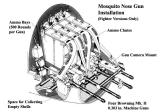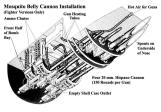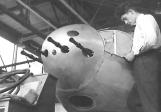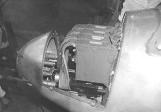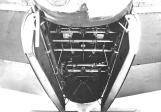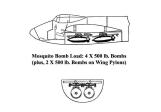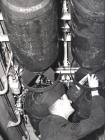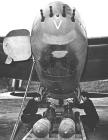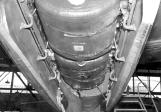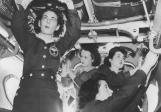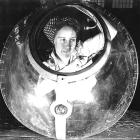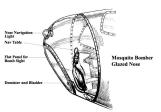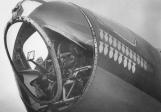1
At the start of WW II, the doctrine of aerial warfare was that a bomber would have to fight its way into and out of the target area, and would have to be big enough to carry sufficient fuel, bombs, and defensive guns to survive the mission. The Mosquito bomber changed that thinking. Faster than most fighters of the day, the Mosquito bomber had no need of defensive armament, and could fit more fuel and bombs into a compact, light weight package.Decades before the idea of stealth, and when radar was still in its infancy, the wooden Mosquito was an elusive target with a barely visible electronic signature. It was both faster and more manoeuverable than contemporary Luftwaffe night fighters such as the Bf 110 or Ju 88. In interviews after the war, German officers admitted that they never figured out how to cope with the Mosquito.
While the armed fighter bomber Mosquito was not quite as fast, it packed a powerful punch with four machine guns and four cannon concentrated in the nose. It could still carry up to four bombs. This was a potent low level weapon against shipping and ground targets that was quite capable of defending itself if necessary.
